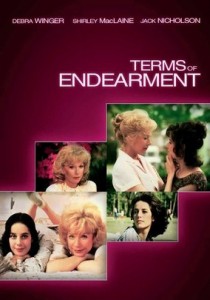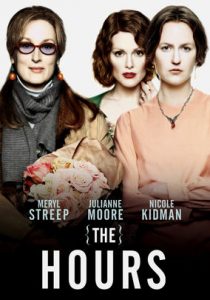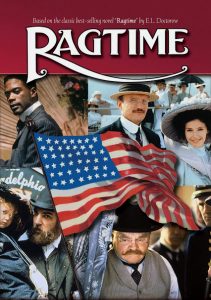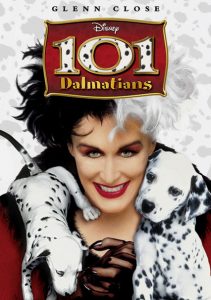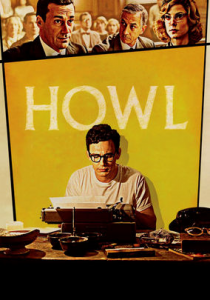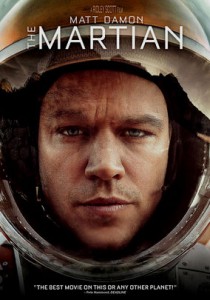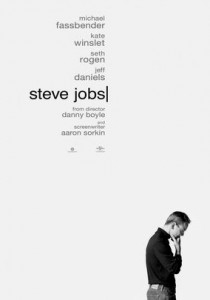Terms of Endearment-1983
Director James L. Brooks
Starring Shirley MacLane, Debra Winger, Jack Nicholson
Top 250 Films #152
Scott’s Review #368
Reviewed January 9, 2016
Grade: A
Terms of Endearment (1983) is a sentimental favorite of mine, and while I am slightly embarrassed to include this chick-flick to end all chick-flicks on my favorites list, it is also a damned good sentimental film and makes me a bit weepy each time I see it.
It is pure Hollywood mainstream formula, but somehow Terms of Endearment works (romantic films are not usually at the forefront) and even won the coveted Best Picture Oscar in 1983. That must say something.
So if it is so sappy what makes it so great? For starters, it has some exceptional acting all around, especially by leads Shirley MacLaine, Jack Nicholson, and Debra Winger.
How can you go wrong with a talent of that caliber?
MacLaine and Winger play Aurora and Emma Greenway, a mother and daughter, (the father is deceased) who share a lifelong love/hate relationship, living in the mid-west in present times.
Nicholson plays Garrett, a retired astronaut (and womanizer) and the object of Aurora’s affection.
The chemistry among all three is apparent- I sinfully find it delicious that Winger and MacLaine despised each other throughout filming, adding a layer of curiosity and intrigue to the film, and during their scenes.
Director James L. Brooks wisely balances the heavy drama with comedy so the film does not become too overwrought. For example, Garrett and Aurora have a humorous courtship, constantly bickering or misunderstanding each other- he is a womanizing playboy type and Aurora a domineering, insecure woman- they end up needing each other, nonetheless.
Unforgettable is the hilarious drive along with the beach scene that the two share. Even though the duo is tenuous and difficult, I love them all the same.
The tear-jerker scenes are emotional, especially the deathbed scene at the end of the film. There is so much raw emotion going on at once and, a rarity in film, the child actors involved are real, believable, and flawless.
The film feels like watching a true, real-life, drama play out. The heartache feels real and the film as a whole feels very genuine.
Also interesting is Emma’s failing marriage to Flap (Jeff Daniels) and her subsequent affair with kind-hearted Sam (John Lithgow) as well as her departure from her mother’s hometown, the constant phone calls, and being in one another’s life, just like a real mother and daughter relationship is oftentimes like.
Terms of Endearment (1983) incorporates all of the elements that make a good, old-fashioned, dramatic tear-jerker, and I find myself a sucker for it each time that I watch it.
Oscar Nominations: 5 wins-Best Picture (won), Best Director-James L. Brooks (won), Best Actress-Shirley MacLaine (won), Debra Winger, Best Supporting Actor-Jack Nicholson (won), John Lithgow, Best Screenplay Based on Material Based on Another Medium (won), Best Original Score, Best Sound, Best Art Direction, Best Film Editing
